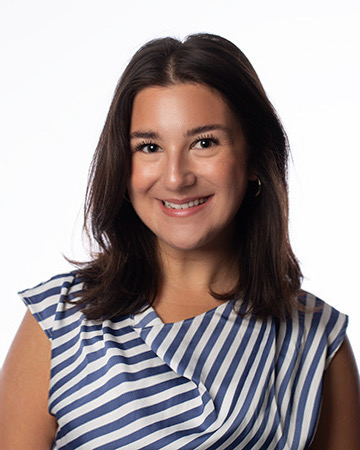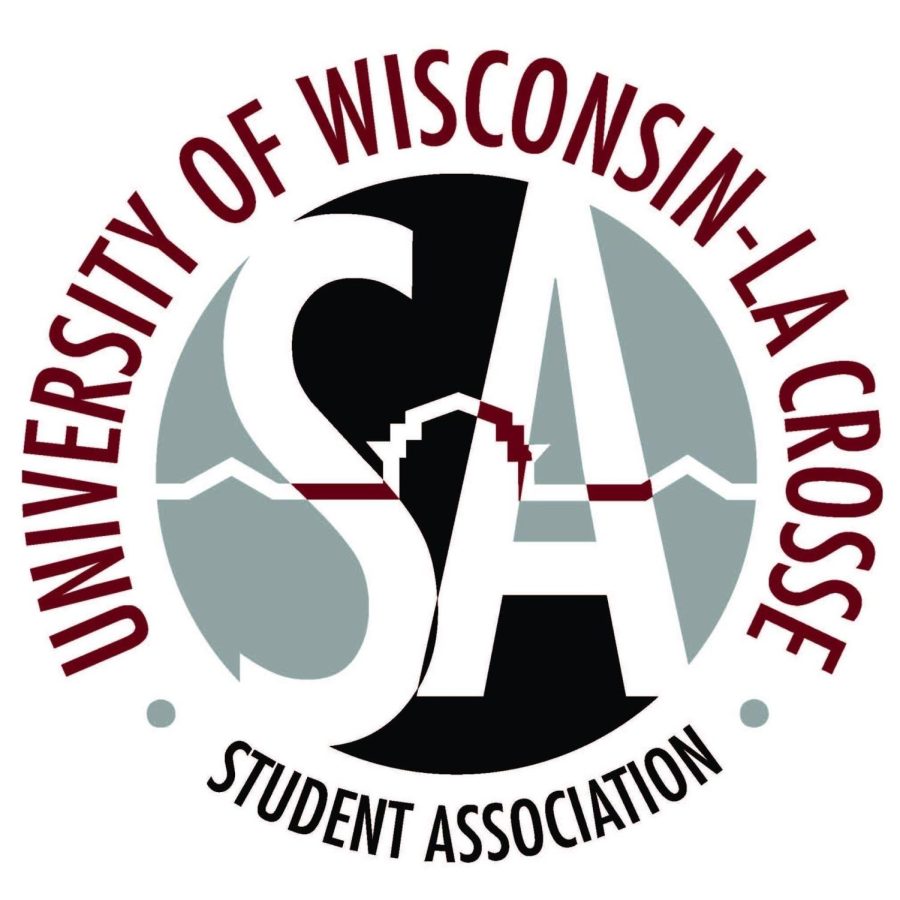“Hate speech is free speech”: Student Association welcomes Center for Transformative Justice and ADL directors to discuss free speech on campus
On Wednesday, Nov. 9, the University Wisconsin-La Crosse Student Association (SA) met with the UWL Director of the Center for Transformative Justice (CTJ), Tara Nelson. She was joined by Midwest and Associate Director of Anti-Defamation League’s (ADL) National College and University Programs Lara Trubowitz. Other SA topics of the night included the passing of one resolution and discussion on another involving public budget hearings.
Tara Nelson is the director of the Center of Transformative Justice on campus. Their mission, as stated on their website, is to serve the campus by implementing critical frameworks to better understand the lived experiences of individuals, and their intersectional identities, to build a more equitable learning environment.
Lara Trubowitz had been working for the ADL for over six years. The ADL, as one of the oldest anti-hate organizations in the U.S., has a mission to stop the defamation of the Jewish people and to secure justice and fair treatment for all, according to www.adl.org.
The two guest speakers represented their respective groups and visited SA to talk about hate speech and free speech. Trubowitz said, “We are going to talk a little bit about trends that we are seeing on campus, try to understand the challenging and complex topics that arise when talking about free speech.”
The ADL has been working with the Center for Transformative Justice since January. “We knew the shapes of college campuses were changing and we needed an ecological model for eradicating bias and hate,” said Nelson. Since January, the ADL has provided UWL university police training sessions on how to eradicate bias, given incoming new students the chance to complete bias training, and through a partnership with the Joint Committee for Free Speech Promotion, students were provided a training opportunity in free speech on campus discourse.
“One of the challenges for a college or university is that they always have to balance the need to encourage and promote open expression with the fact that there are certain expressions that can be harmful to various communities, targeted communities, and the college environment as a whole,” said Trubowitz.
Public universities are obligated to follow the first amendment and the principle of academic freedom, this includes hate speech. Trubowitz explained that we can ensure communities are not harmed by the act of counter-speech. One slide during the presentation defines counter-speech as responding to hateful, biased, or offensive speech, not with censorship, but instead with more speech.
An example of counter-speech is the “Hurt Happened Here” posters in residence halls. Nelson said, “What we are saying through counter speech and through counter postering is that the action that happened in this specific spot does not align with UWL values or residence life’s values.”
During advisement reports, Director Kyle Burke informed SA of a survey that will be sent randomly to UWL students’ emails. The survey comes from Jay Rothman, UW system president, and contains questions on freedom of expression on UW campuses. “This is not spam, this is not phishing, this is real,” said Burke. The survey will start to be sent out on Nov. 14 and will conclude when 500 responses are received.
A resolution to amend bylaws to improve the efficacy of senator office hours was passed. The requirement of each senator to hold one private office hour per week had been replaced with a requirement that each senator will table in a public area for one hour per month. While senators will still be available by appointment to meet privately, tabling is meant to increase student body engagement with SA.
State Affairs Director Emma Latus introduced a resolution that would request Wisconsin State Legislatures Joint Committee on Finance to hold a 2023 public budget hearing in the La Crosse Area. Public hearings on the 2023-2025 biennial budget are opportunities where elected officials can communicate with the community. “The point of this is if it is in our area we can show up,” said Latus, “We can all go to this hearing and say this is what we care about, this is what we think should be in the budget and advocate for those projects.” Discussion on this resolution was ended and will be further considered in later meetings.

Year at UWL: Fourth-year
PGPs: She/Her/Hers
Hometown: Menasha, WI
Major: Psychology and Political Science
Minor: Communication Studies
Other...

